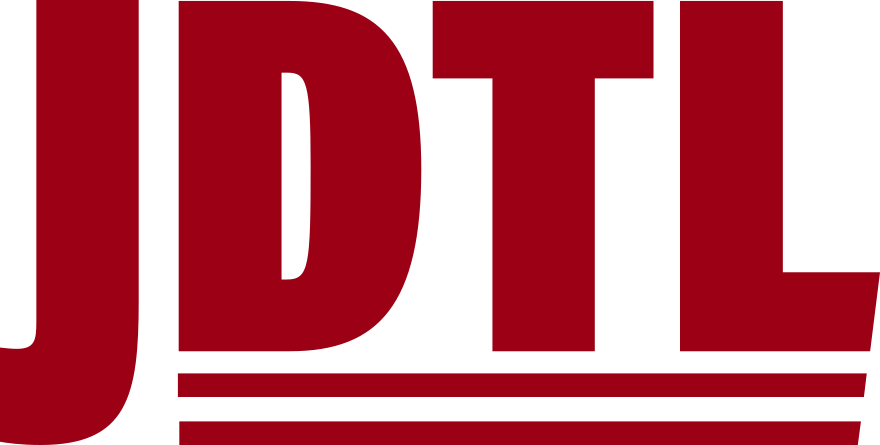This position paper introduces the concept of Terminology-Augmented Generation (TAG) as a new paradigm for integrating curated terminology resources into generative AI work ows. Inspired by but distinct from Retrieval-Augmented Generation (RAG), TAG emphasizes structured knowledge, multilingual precision, and expert-de ned term usage as key drivers for high-quality, domain-sensitive language generation. We examine the architectural motivations for TAG, contrast it with RAG in terms of control, explainability, and accuracy, and outline use cases relevant to terminology work—such as term extraction, multilingual alignment, and automatic de nition generation. By aligning TAG with ongoing evaluation initiatives, including CLEF’s SimpleText and BioASQ GutBrain tasks, as well as earlier e orts like TermEval 2020, we argue that TAG is not only theoretically grounded but practically measurable.We further discuss speculative extensions such as Lexical-Augmented Generation (LAG) and the importance of interoperability for implementing both the TAG approach and its evaluation.
Terminology-Augmented Generation (TAG): Foundations, Use Cases, and Evaluation Paths
Abstract
Keywords
Download
Di Nunzio G. M. (2025) "Terminology-Augmented Generation (TAG): Foundations, Use Cases, and Evaluation Paths
", Journal of Digital Terminology and Lexicography, 1(1), 97-104. DOI: 10.25430/pupj.jdtl.1752566034
Year of Publication
2025
Journal
Journal of Digital Terminology and Lexicography
Volume
1
Issue Number
1
Start Page
97
Last Page
104
Date Published
07/2025
ISSN Number
3103-3601
Serial Article Number
6
DOI
10.25430/pupj.jdtl.1752566034
Issue
Section
Article

 © 2025 Padova University Press - Università degli Studi di Padova
© 2025 Padova University Press - Università degli Studi di Padova